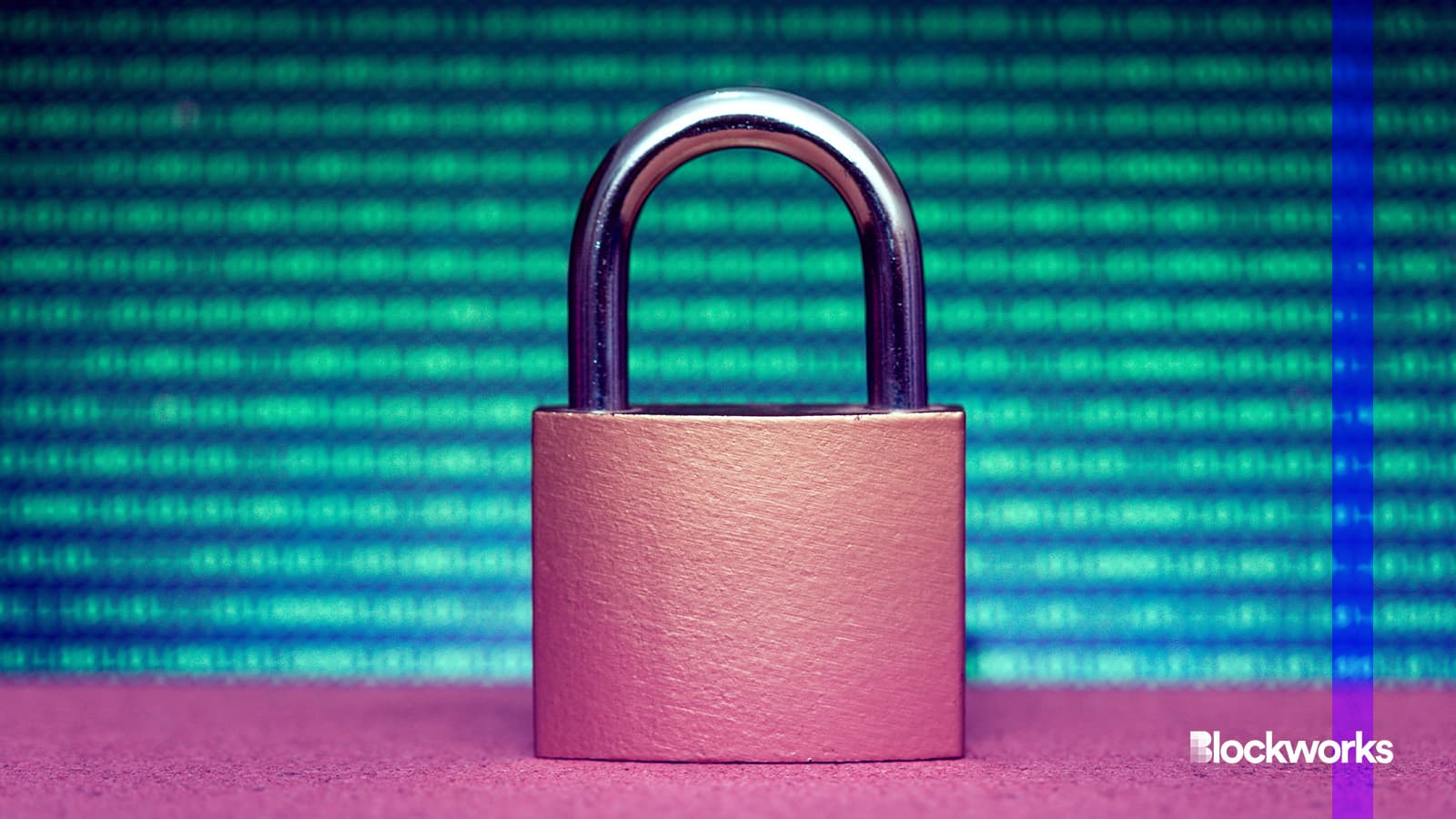DeFi security firm Quantstamp pilots hack protection program
Quantstamp is hoping to insure user funds in case of a hack, though similar programs have struggled in the past

J.K2507/Shutterstock modified by Blockworks
Quantstamp is rolling out DeFi hack protection for US-based users.
The product will recoup clients of the crypto asset security firm in the event their funds are lost in an exploit, and is the latest such attempt to insure users as hacks remain a prevalent risk. But previous hack coverage products have encountered hurdles, and it remains to be seen whether Quantstamp can clear them.
Quantstamp was founded after the 2016 DAO hack as a security auditing platform and began considering providing hack coverage as early as 2018, according to Sebastian Banescu, the company’s head of insurance. The product, which Banescu compared to Apple Care for DeFi, is launching in the US with approval from the North Carolina Department of Insurance.
Users can pay Quantstamp to guarantee their holdings on Aave, Compound, Curve, Lido and Uniswap. The company said the product would cost 2.55% to 4.28% of the covered amount.
Quantstamp is not the first company to try insuring users against hacks. A report from the DeFi protection provider Opencover listed 23 DeFi risk coverage projects and $34.4 million in claims paid out last year. Hacks remain a major risk for DeFi investors, with $699 million being lost to hacks in the crypto space in Q3, according to a report from Certik. Still, hack coverage has seen uneven success so far.
Jeremiah Smith, CEO of Opencover, said that there is currently more capital available to underwrite hack risk than there is demand for hack coverage.
Read more: Upbit updates cold wallet policy in bid to thwart hackers
“So far, the main challenges [are] on the risk pricing,” Smith said. “If the yields are low, and the premiums are high, it’s not always worth it to insure a position on one of these protocols.”
Banescu said users will be drawn to Quantstamp because of its regulatory status.
“If we as an entity who’s offering this service don’t want to pay out, there’s a regulator who can force us to pay out,” Banescu said.
Smith said prices for DeFi coverage should decrease as protocols stop updating as frequently, since exploits often happen as a result of updates. Uniswap v3, for instance, has yet to be hacked since going live in 2021, meaning insurance providers face less risk when underwriting assets on the protocol.
Get the news in your inbox. Explore Blockworks newsletters:
- The Breakdown: Decoding crypto and the markets. Daily.
- 0xResearch: Alpha in your inbox. Think like an analyst.






